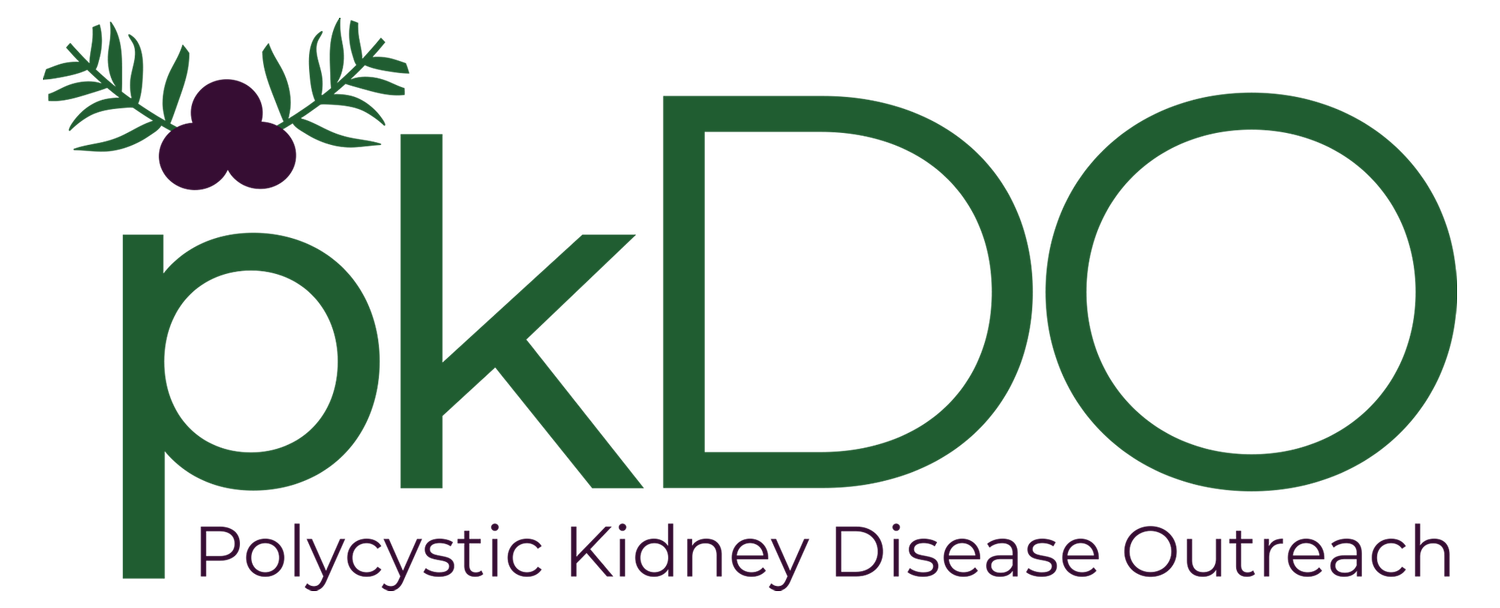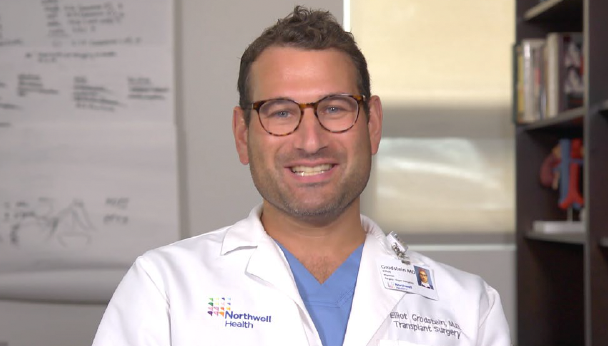
Supporting Live Kidney Donation
Kidney patients gain a longer and better quality of life through living kidney donation
Our efforts have helped incubate a new organization solely focused on this initiative that is staffed by highly trained individuals that have over a decade of experience assisting with live donor transplants and the desire to build a scalable organization to provide this service across multiple transplant centers.
In 2023 pkDO partnered with this new organization and one of our medical center partners on an eight-person pilot program which was conducted with considerable success.
Plans are being made for an expanded 25-person pilot to start early in 2024.
This initiative now has a life of its own and we are one of several backers for the success and growth of this important initiative.
Note: We are not disclosing the name of the new organization and partner medical center to avoid the risk of their being overwhelmed by requests from individuals in need of a live donor in advance of their being ready to scale.
Dr. Talia Baker
Chief of Division of Abdominal Transplant
Surgery at University of Utah Health
“There is excellent data in kidney transplantation, which shows that outcomes are better for living donation. The potential for getting a living donor means that you will have a graft, which will likely have a longer quality of life and longer duration in terms of survival of the graft.
-
Dialysis can take three to five hours a day, three times a week for any given patient, but even around those dialysis sessions, patients generally feel completely drained after it. So often it's a full day taken out of their productive life.
One challenge with living donation is that some people feel guilty about asking for a kidney, some feel that they brought the disease on themselves by not taking care of their health. I think it’s really important to reframe the question and talk about the potential advantages of giving the kidney and having [a family member] reengage as an active part of the family structure.
We also really need to find ways to look outside that immediate circle and into the community, to find either someone who is willing to come forward, or even someone who is an anonymous non-directed donor, who hears the story and gets really excited about potentially helping.”
Amy Leininger
Kidney Donor
“People are worried about what their health is going to be like, what their life is going to be like after they donate. And it doesn't change. It gets better. It gets more fulfilling.
Donating my kidney did not affect my strength or my vitality. If anything, giving a piece of myself away has allowed or open space for other parts of me to grow. Since I donated, I’ve run two marathons. I'll do my third one next month. I'm going to bring my hiking boots back out. I plan to hike hard and bag a lot of peaks. Now and for the next 15 years, I've already signed up. I'm doing Kilimanjaro next year.”
Dr. Miklos Molnar
Medical Director of Living Donor
Transplant Program at University of Utah
“The Pair Exchange Program allows us to create a “chain” of donors so that we can broaden the pool and find the best match for multiple people so that you can have donation pairings for many people, up to 16 in some cases, who are receiving and donating, instead of just a simple pairing of a single donor and recipient. This is especially good for people who don’t personally know of a donor or for those who have special medical requirements.”
Elliot Grodstein, MD
Transplant Surgeon
Northwell Health
When we have a living donor in the hospital, we say that that’s the most important person in the hospital because the act of donating an organ is truly selfless. Being part of that process is really what gives me the most satisfaction in my job.
When patients come in with Polycystic Kidney Disease typically they've known about their disease for some time, and this is the day that they've been fearing, because it's a slowly progressive disease. A lot of patients are doing things to slow the progression of the disease, but they do develop renal failure and they have to admit that they have end stage organ disease and need a transplant. So there are a lot of emotions and really it's a time for me to not just be a surgeon, but be a compassionate human being. Who's recognizing that this, in many ways, is the most difficult day of that person's life.
Donate Now to Support Families Fighting PKD
The PKD Outreach Foundation (pkDO) is honored to work with medical specialists to support our mission to end PKD. Please consider donating to help with our mission.







